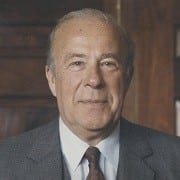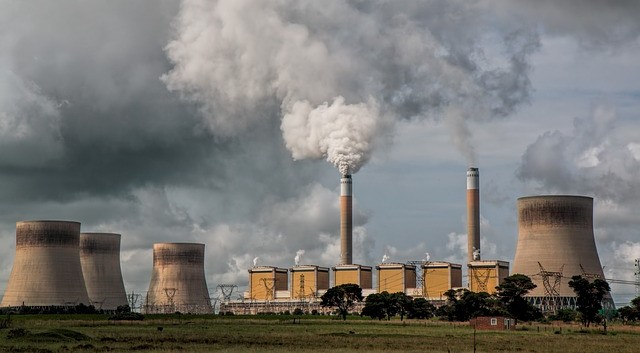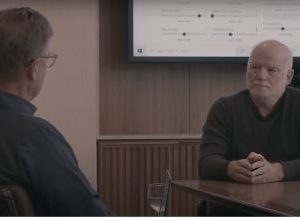The following is an op-ed co-authored by former Republican Congressman Bob Inglis and CCL Executive Director Mark Reynolds that CCL volunteers are submitting to newspapers around the country. See a list of papers where it has been picked up at the bottom.
By Bob Inglis and Mark Reynolds
The Republican talking point on climate change is evolving, thankfully, from “I’m not a scientist” to “let’s solve it through innovation,” and that is good news for the nation and generations of Americans to come. After all, the first step to solving a problem is to admit that you have one, and that’s now happening.

Another candidate, Carly Fiorina, offered a similar observation: “I think the answer to this problem is innovation, not regulation.”

The truth is that we cannot afford to wait for “a person in a garage” to come up with a magic bullet. The technologies that can wean society off polluting fuels already exist. What we need is the economic incentive – money talks – to bring those technologies to scale.
To be sure, there are technologies yet to be invented that will have a game-changing impact on our ability to undo the damage accrued from burning fossil fuels the past two centuries. But investors are more likely to fund the research and development for these new technologies if they are assured a market that values them and thus a reasonable return on their investment.
What would give them such assurance? A predictable, steadily-rising fee on carbon pollution.
For those who worry that pricing carbon will drag down our economy, here’s the other part of the equation: Return the revenue from the carbon fee back to the people, either through direct payments or by lowering taxes.
A study from the highly-respected Regional Economic Models, Inc. (REMI), looked at this type of policy, factoring in an annual increase of $10 per ton on the carbon dioxide content of fossil fuels. REMI found that after 20 years emissions would be reduced by 52 percent. More impressive, though, was that the policy would add 2.8 million jobs over 20 years because of the carbon fee revenue being recycled into the economy.

Now that President Obama has released the new EPA regulations to reduce carbon emissions at power plants, conservatives will step up opposition to a plan they view as big-government overreach. Expect lawsuits, threats of a government shut down and heated rhetoric on the presidential campaign trail.
Do opponents really want or need to go down this path? In previous stand-offs, public opinion proved very harsh for the GOP. With opinion polls showing two-thirds of Americans supporting the new EPA rules, attacking the rules seems like a strategy that’s all risk and no reward.
The problem is that congressional Republicans haven’t come to the table on the climate issue, and if you’re not at the table, you’re on the menu. By not being engaged, the GOP has ceded climate change policy to an executive branch that is imposing more government regulations, the least desirable solution Republicans can imagine.
But just saying “no” to EPA regulations is not a viable option, either politically or environmentally. Why not, then, offer an alternative solution that adheres to conservative values? Tell the American people, “We have an effective solution that…”
- Uses the power of the free market, rather than the government, to drive both innovation and reductions in greenhouse gas emissions.
- Does not increase the size and control of government.
- Protects American businesses and grows our economy.
As Republicans cast about for a new talking point on climate change, the ones who come to the table with a revenue-neutral plan to price carbon will eventually be hailed as visionaries, preservers of a livable world, and saviors of their party.
One of them might even win the White House.
Bob Inglis is a former Republican congressman from South Carolina who now directs republicEn.org, a think tank promoting free-market energy and climate policies. Mark Reynolds is executive director of Citizens’ Climate Lobby.
This op-ed has been published in the Salt Lake Deseret News, The Syracuse Post-Standard, The York Dispatch, The Long Beach Press-Telegram, and The Los Angeles Daily News.






